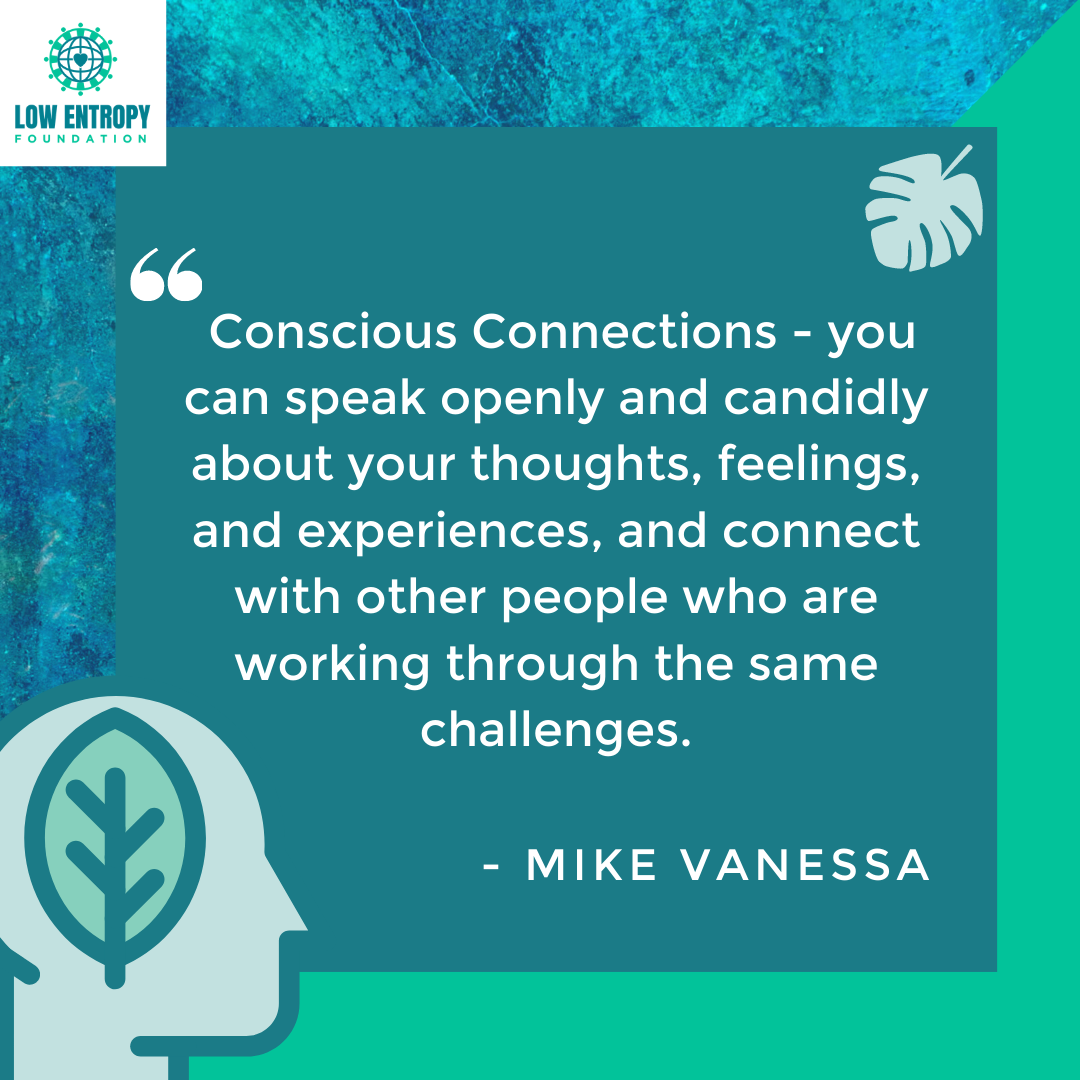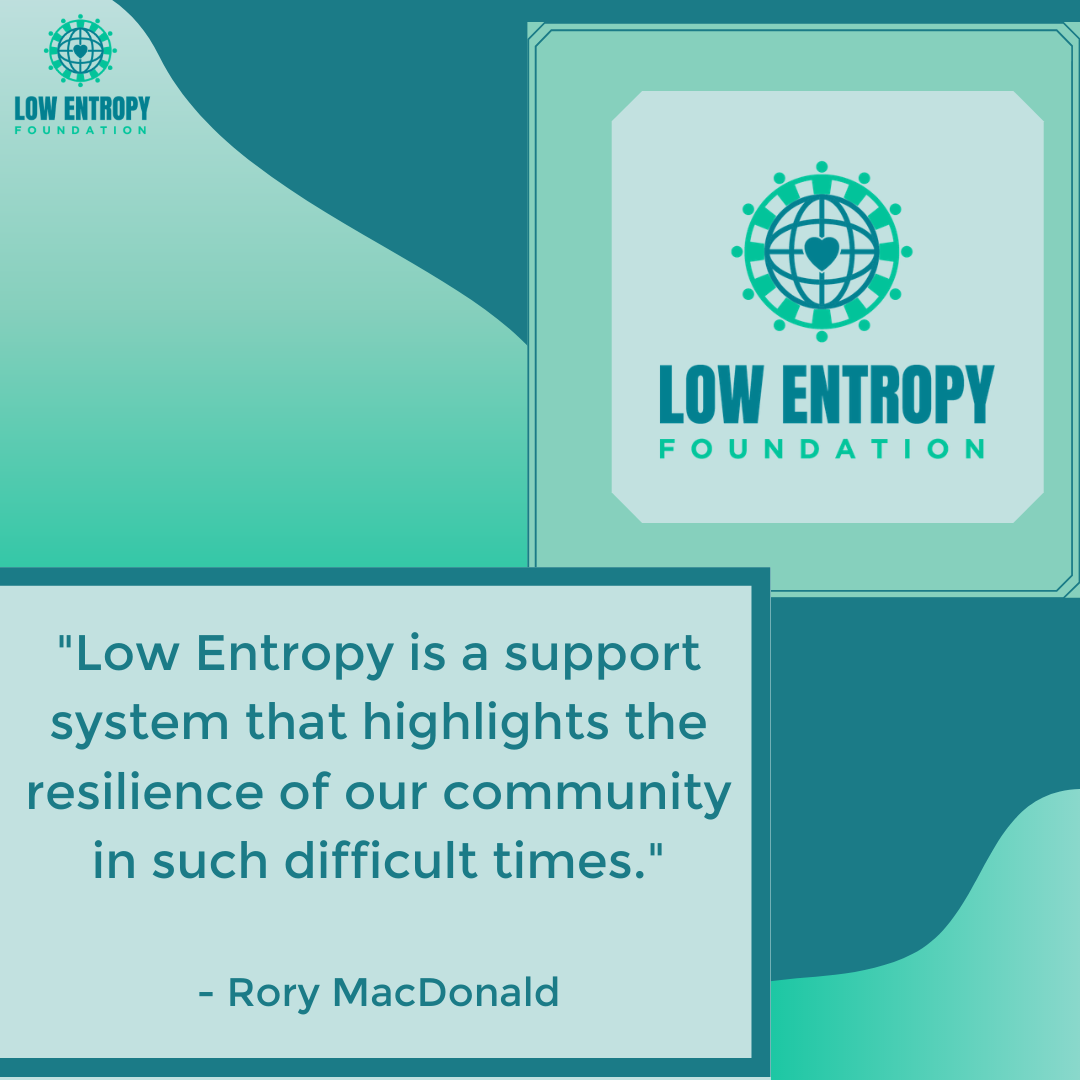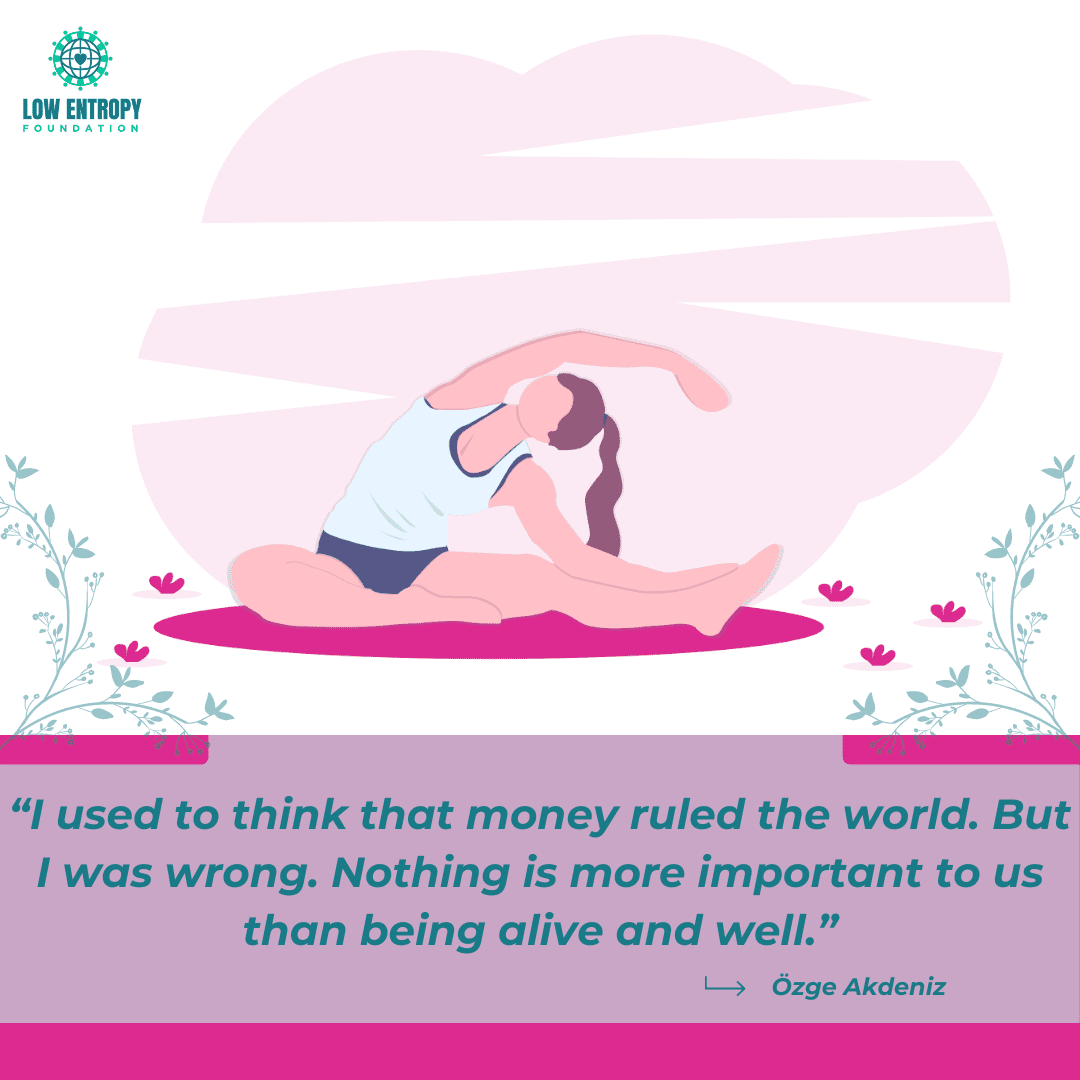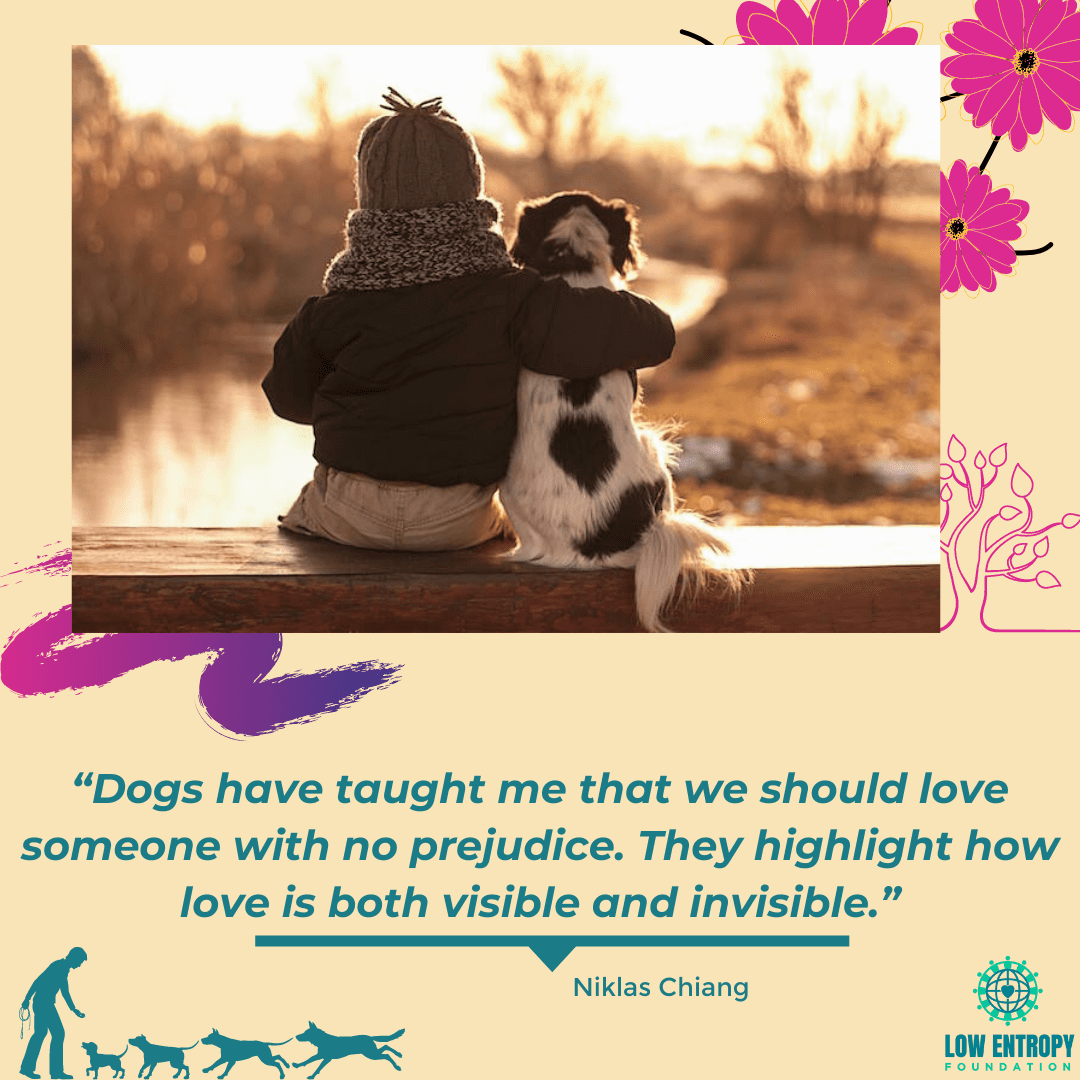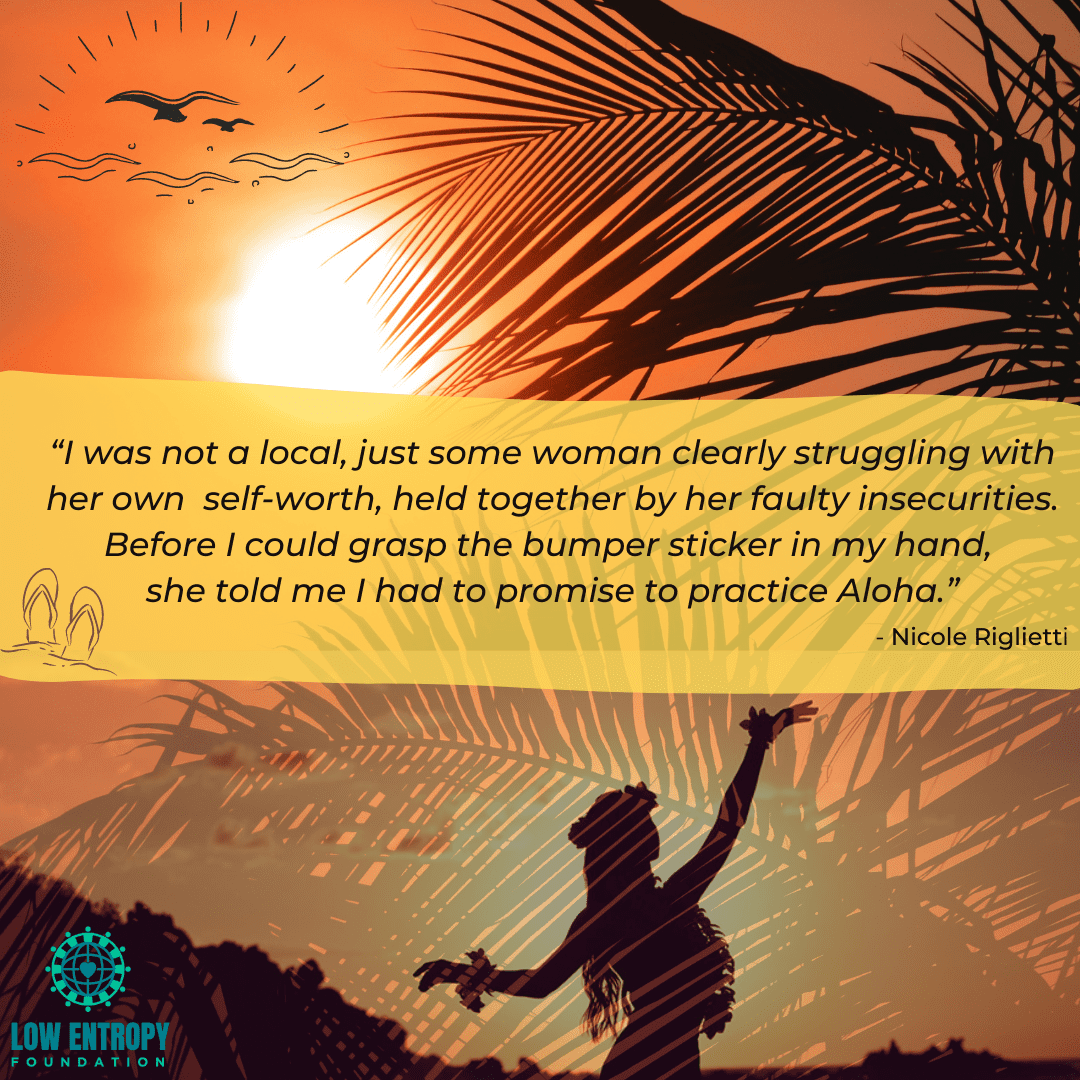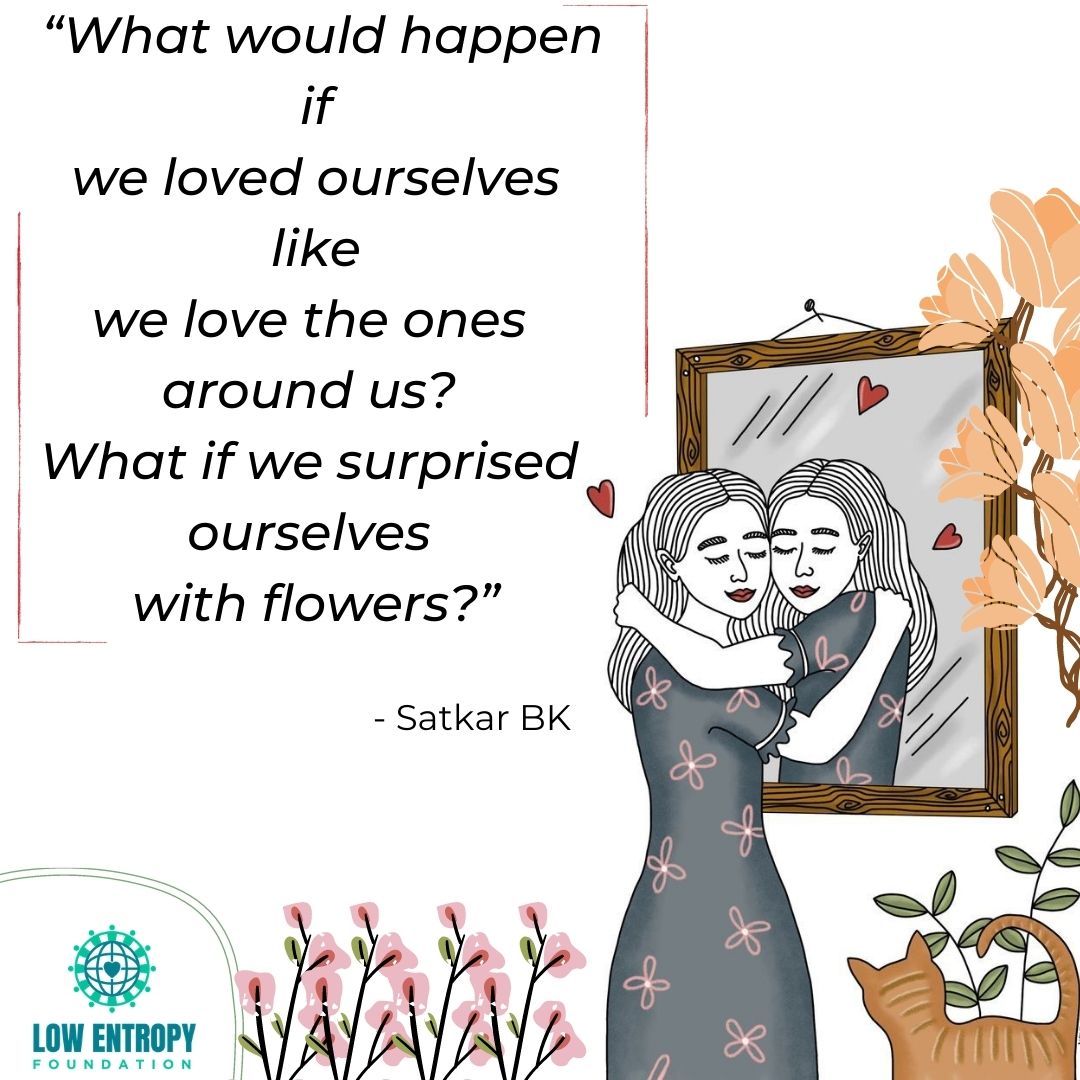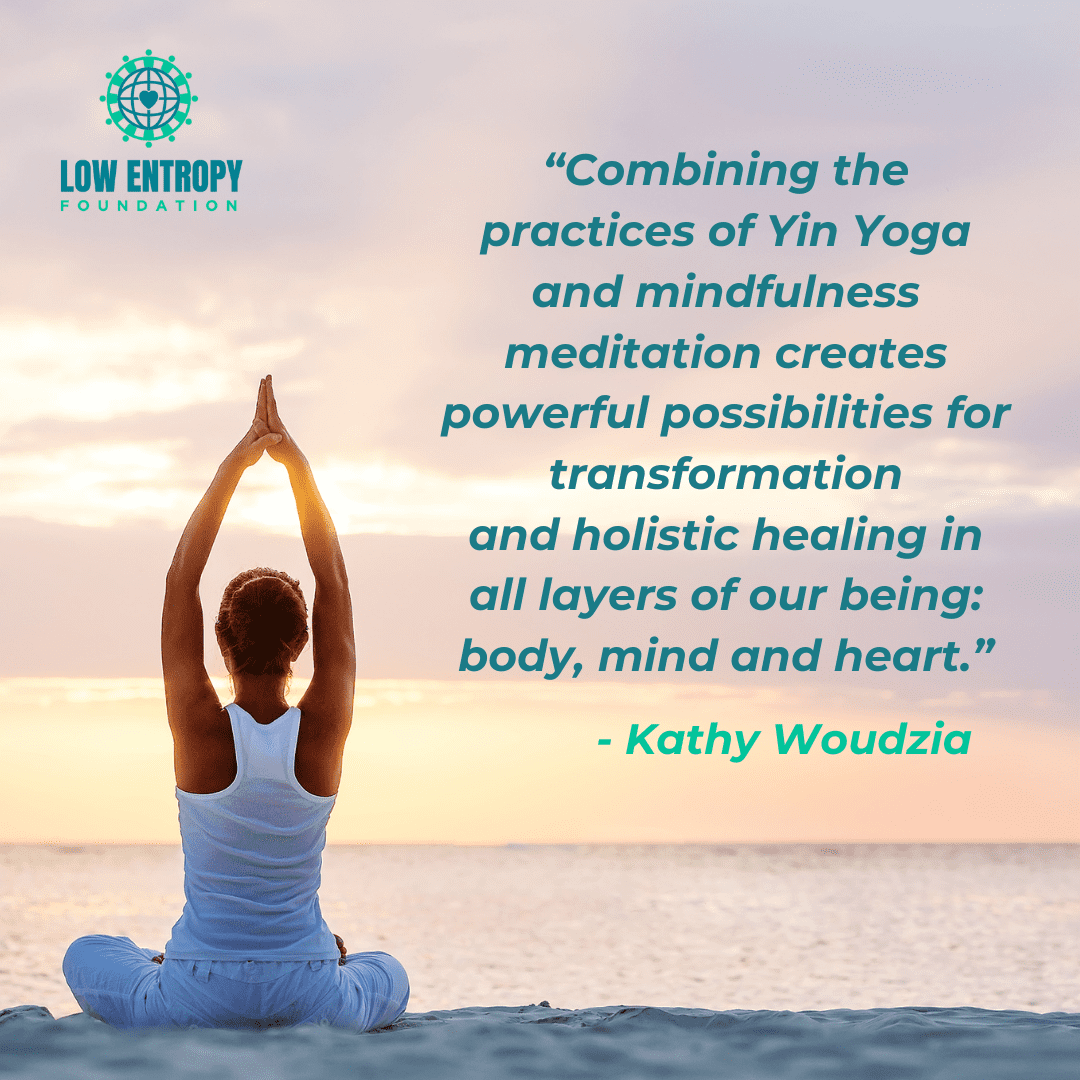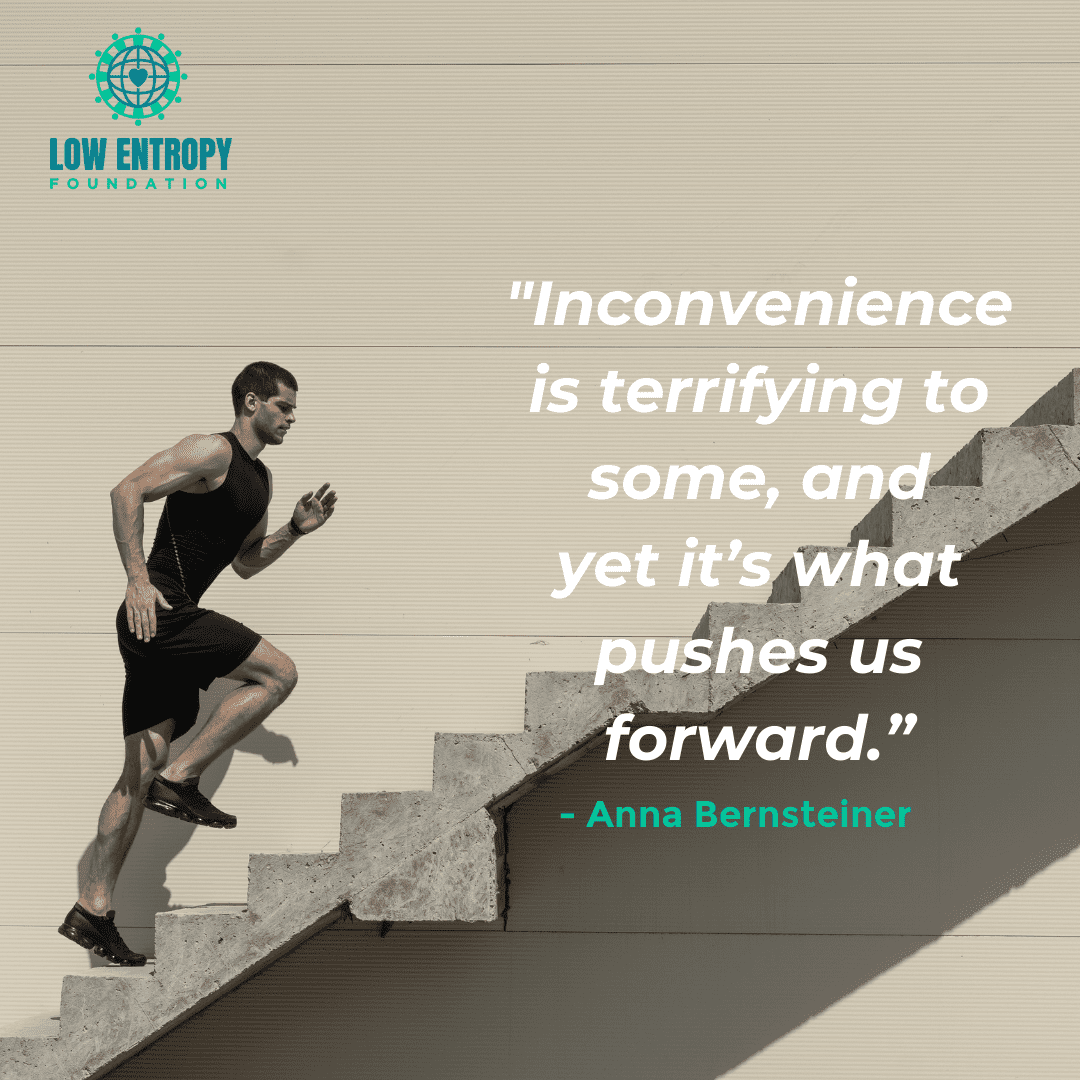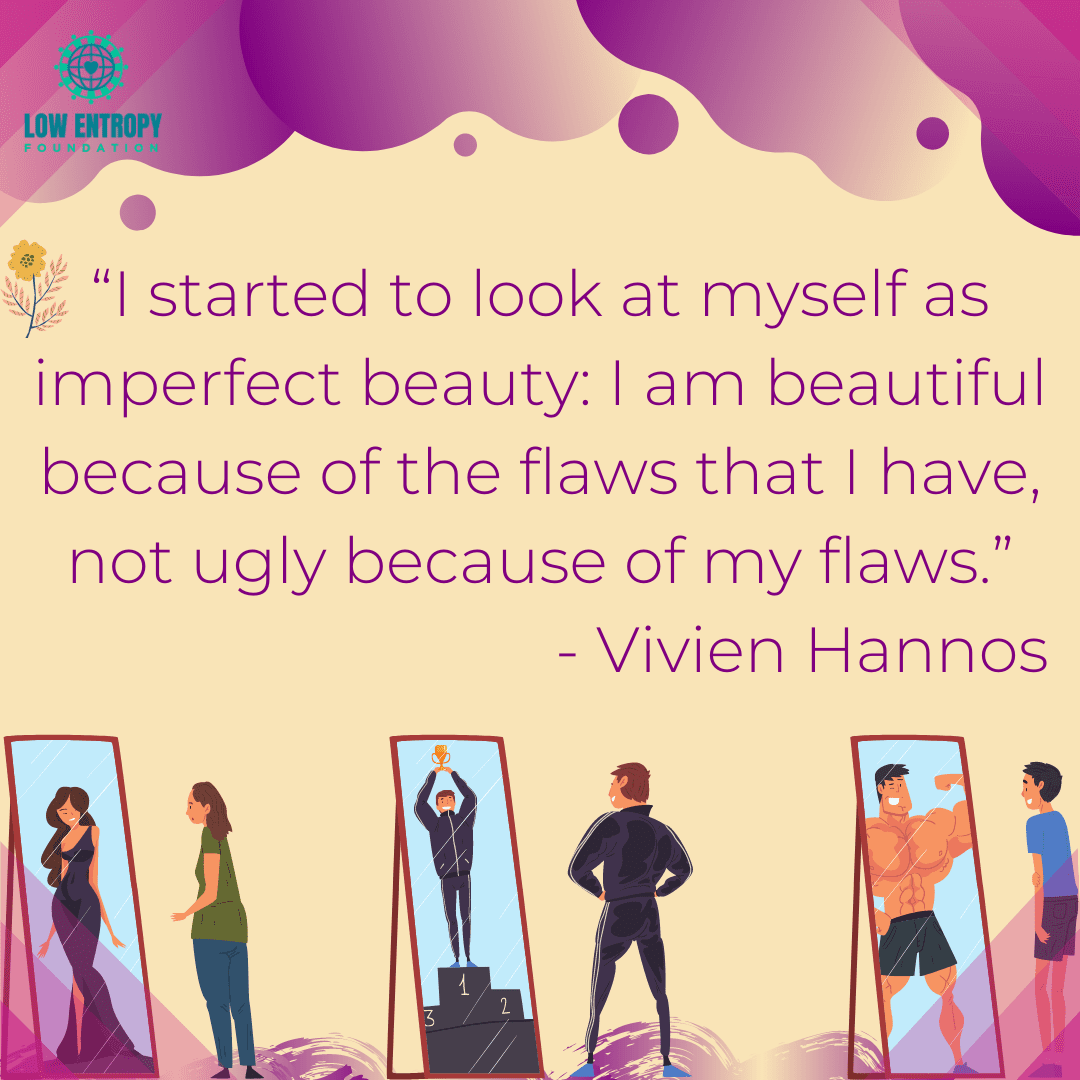Right now, we have never been more united, and at the same time never more alone. This global pandemic is impacting everyone’s lives in ways that – for many of us – is completely unprecedented. We have to deal with a reality where we are all being encouraged to stay home, avoid others, and choose who will be allowed within our personal “bubbles” – which of our friends and family will make the cut? Who can we not live without? Who can we not risk visiting, in case we ourselves are a danger to them? Who cares enough to stay in touch?
As this pandemic continues to impact our daily lives, we need to find strategies to cope. There is a great deal of pressure to find a solution, and find it now. This is a novel experience of isolation and loneliness: even if we are sheltering in place while surrounded by family, we have a sense of being caged and restricted from our normal lives. We have lost the sense of freedom, relaxation, and emotional support gained from our favorite places, people, and activities. With this loss, I have seen a new sense of depression and malaise in many friends and colleagues. With this sense of sadness, it makes reaching out to friends and family that much more difficult. Negative thoughts prevent us from just starting what should be an easy conversation: “Do they even want to hear from me?” “I could call or message them, but I have nothing to talk about.”
It is very difficult to break out of a depressive spiral on your own, and even if you have a supportive family or partner at home, sometimes it takes a bit more. It’s okay, it’s understandable, and there are solutions available. When we feel so isolated, having a fresh group of people can bring an objective and uplifting look to help brighten up your life. It is amazing how this situation can feel so numbing and overwhelming, but as soon as you start talking about it out loud, a whole new perspective can be achieved. This is one of the best benefits of meeting with a support group like Conscious Connections – you can speak openly and candidly about your thoughts, feelings, and experiences, and connect with other people who are working through the same challenges.
Conscious Connections strives to be an open and supportive space, helping those in our community who feel alone and in need of conversation and acceptance. If it’s a challenge to just get through each day, it’s so important to know that there are options out there for people who need some positivity, or who would really benefit from a new connection with peers. Your peer-sharing circle will help ease the hard times, and celebrate victories and successes with authenticity. It is always uplifting to know that we are not alone in a world that has made it all too easy to be in isolation.
Author: Mike Vanessa







